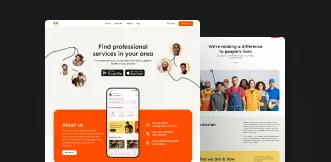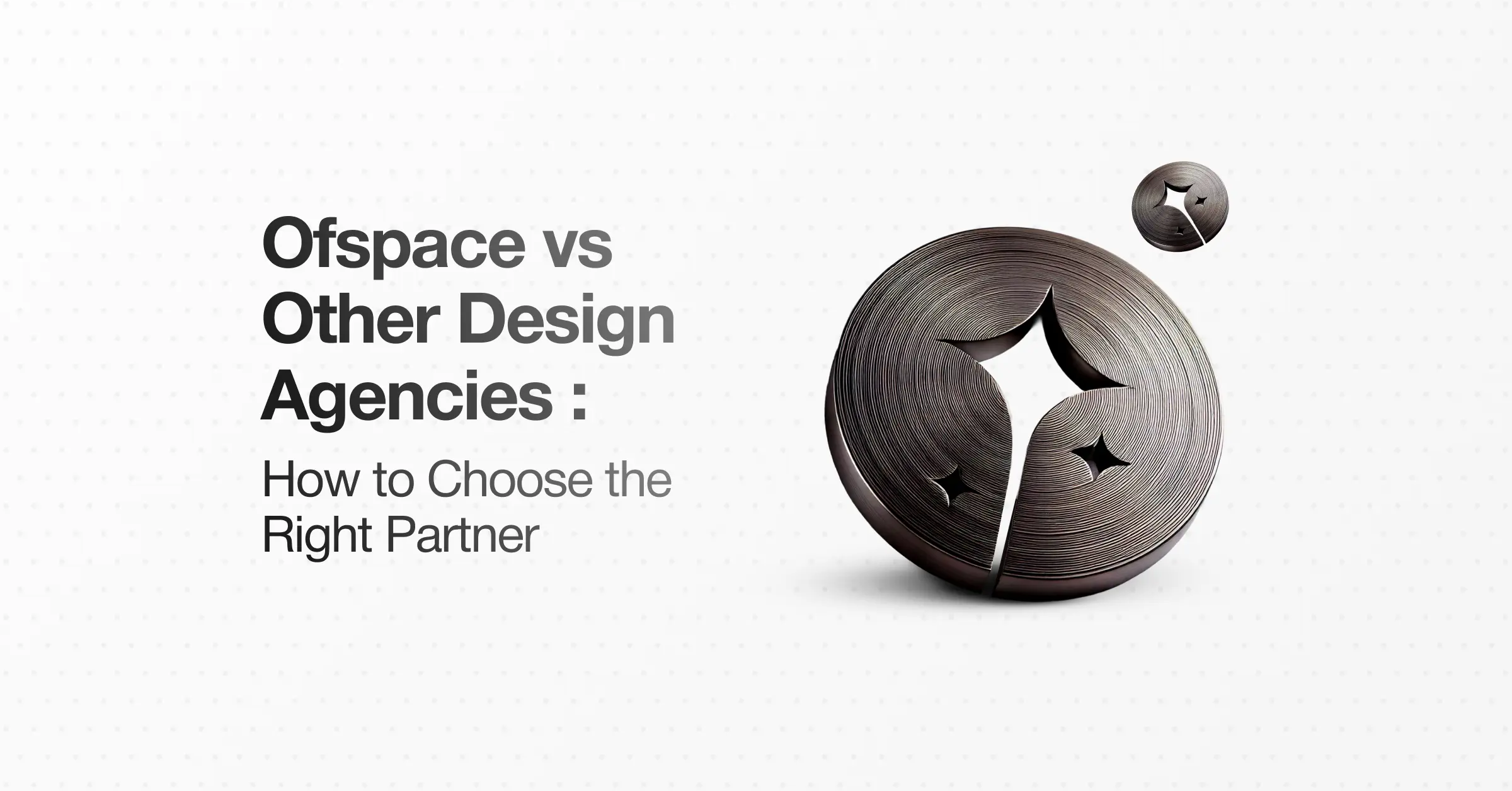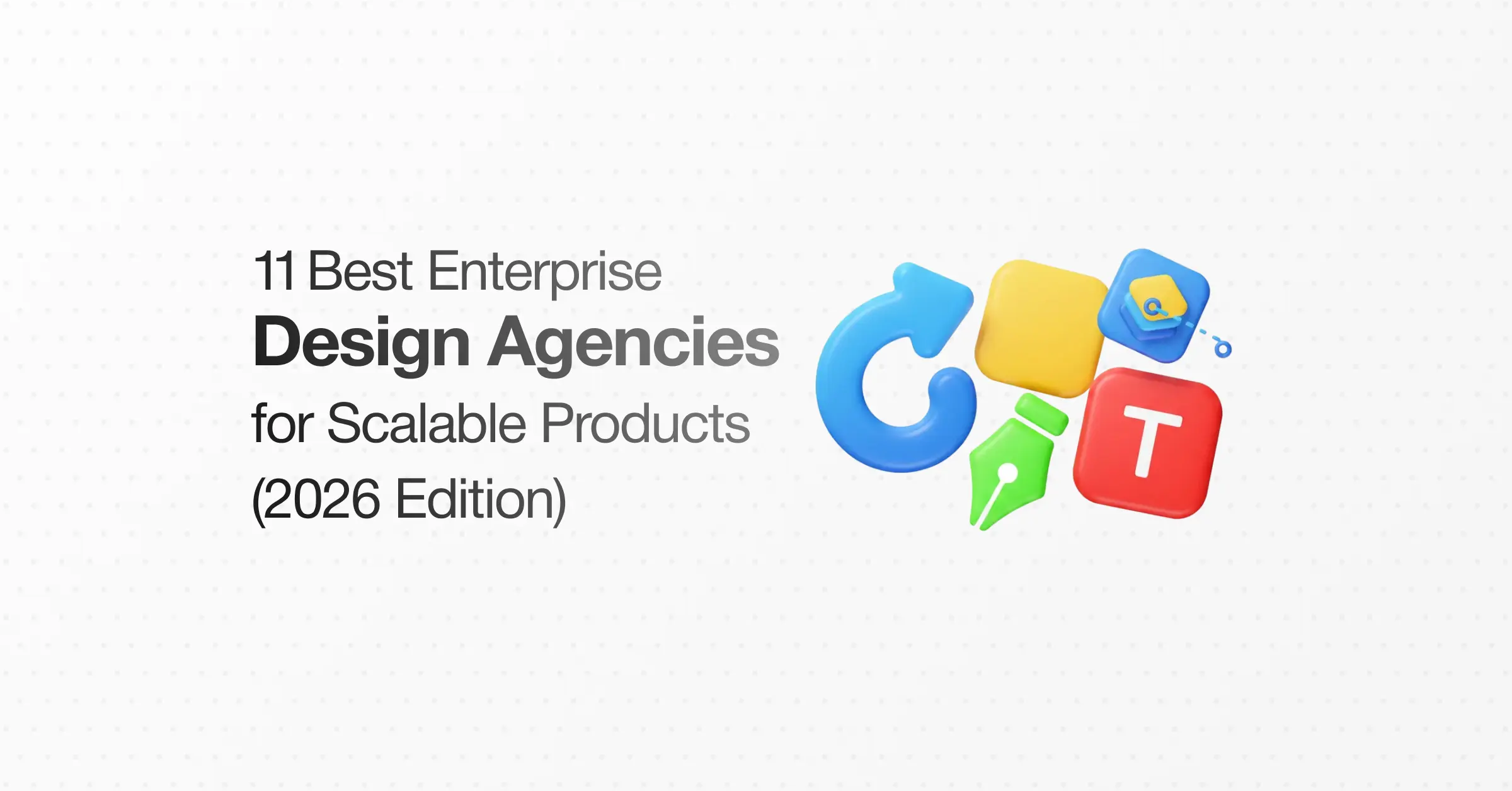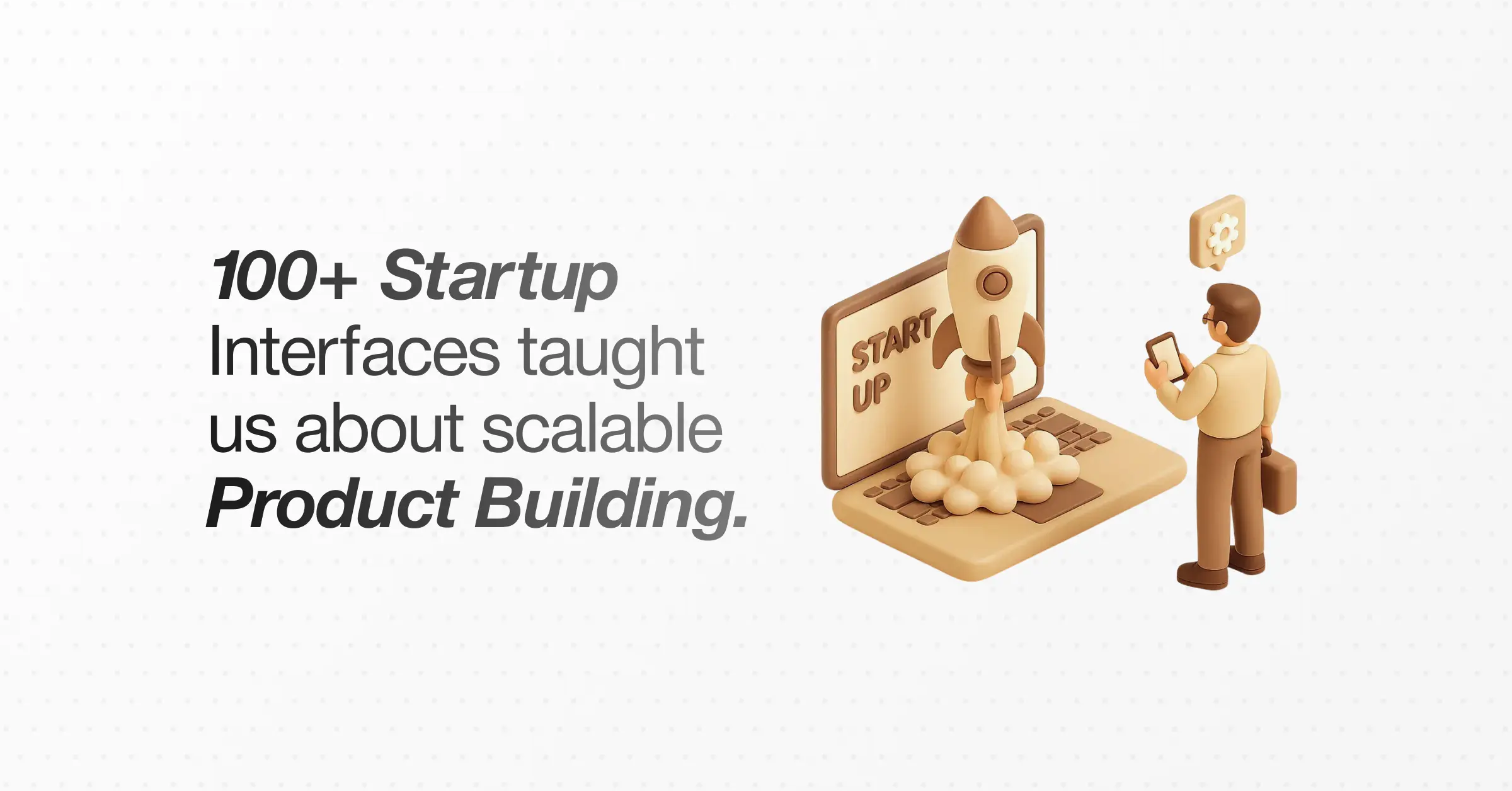Design
Before You Hire a Digital Product Design Agency, Ask These 5 Questions
December 21, 2025
June 23, 2025

You’ve got a SaaS product or maybe just the idea for one. A web app, mobile app, or internal tool that needs to feel smooth, clear, and user-first.
What’s the next step? You need a digital product design agency to bring it to life the right way.
But here’s the hard truth: hiring the right agency is tougher than it sounds.
Get it right, and you’ll move faster, ship with confidence, and avoid UX debt that slows you down later.
Get it wrong, and you’ll waste budget, miss deadlines, and end up with a product that users don’t “get.”
So before you sign anything, ask these 5 questions.
They’ll help you cut through the pitch and figure out who can deliver results, not just pretty screens.
1. Can You Show Me Real Products You’ve Designed That Are Live?
Most agencies showcase polished mockups and Dribbble shots.
But beautiful UIs don’t always translate into usable products.
You want proof that their designs made it into the real world—and worked.
What to ask:
- Can I see live links to products you’ve designed?
- What measurable results did these designs produce?
- Were you involved from UX strategy to final implementation?
Live products show how the agency thinks under constraints—tech limitations, budget ceilings, user feedback.
According to a Nielsen Norman Group study, design decisions grounded in real usage data outperform visual-first approaches by up to 62% in usability tests.
2. How Do You Approach Research and User Validation?
Design without research is guessing. And in early-stage products, guesswork leads to expensive redesigns post-launch.
If their answer includes “we use industry best practices” without mention of actual user insight, walk away.
What to look for:
- Do they conduct user interviews, usability testing, or behavior analytics?
- Can they share a case where research changed the design direction?
- Do they validate assumptions before going high-fidelity?
The top-performing teams integrate UX research early and often.
A Forrester report found that companies who invest in UX research see 2x the customer retention rate of those who skip it.
3. What’s Your Process from Kickoff to Handoff?
The design process isn't just creative—it's operational. You want structure, checkpoints, and room for collaboration.
Ask them to break it down:
- What happens in week 1?
- When do we see first wireframes?
- Who’s responsible for developer handoff?
- How do you ensure designs are buildable?
What a solid process looks like:
- Discovery & Research
- IA & Wireframes
- Visual Design & Prototyping
- Testing & Iteration
- Handoff with Figma specs, dev support, and QA
Agencies that align closely with developers reduce post-design rework by up to 40%, according to UXPin's internal workflow benchmarks.
4. Who Will I Actually Be Working With?
The agency founder might pitch you, but you’ll likely work with a junior designer or outsourced team unless you clarify upfront.
Ask directly:
- Who’s my main point of contact?
- Will I have access to the lead designer?
- Are they full-time or freelance?
- Can I meet them before signing?
Agencies with stable, senior teams move faster and require less back-and-forth. Projects with consistent teams experience 30% faster turnaround, per InVision’s design operations study.
5. Do You Offer UX Audits, Sprints, or Low-Commitment Tests First?
Before you commit to a 6-month, $100k project, see how they think and work.
Look for:
- UX audits for existing products
- 1-week design sprints
- Paid discovery or strategy workshops
These options let you test the team before diving into a full build.
Pro tip:
A good audit reveals real UX issues with supporting data — not just opinions.
Bonus if they back insights with screen recordings, heatmaps, or usability scoring.
Teams that validate fit via short-form engagements report 20–35% higher satisfaction and project velocity, based on Maze’s design collaboration survey (2023).
Recap: Ask These Before You Sign Anything
Here’s your quick-reference checklist:
Final Thought: Hire a Partner, Not a Vendor
The best digital product design agencies do more than make things look good. They help you think strategically, test quickly, and ship confidently.
They bring clarity, not complexity.
If they can’t give clear answers to the 5 questions above—move on.
Agencies like Ofspace offer low-commitment UX audits and MVP design kits. Great starting points if you’re building from zero or fixing user drop-off post-launch.
FAQs: Hiring a Digital Product Design Agency
Do I need a local agency?
Not necessarily. Remote-first agencies with global delivery models (like Ofspace) work across time zones with async tools.
What matters most is clarity, process, and output—not zip code.
What tools should they use?
Look for agencies that work with tools like Figma, Notion, Maze, FigJam, and Zeplin.
These support faster collaboration, easier handoff, and scalable documentation.
How long should a typical product design project take?
Timelines vary based on scope, but a well-run MVP design project (research, wireframes, UI, and handoff) typically takes 4–8 weeks.
Design sprints or UX audits can be completed in 1–2 weeks.
If an agency promises a full product in under two weeks without research or validation—it’s a red flag.
What should be included in a design handoff?
A proper handoff includes:
- Figma files with organized layers and components
- Developer-ready specs (spacing, colors, typography)
- Design tokens or style guides
- Prototype flows
- Loom or walkthrough videos
- Optional: support during dev sprints
Skipping proper handoff creates confusion, dev delays, and inconsistent implementation.
What’s the difference between UX and UI, and do I need both?
UX (User Experience) is about how a product works: structure, flow, logic, and usability.
UI (User Interface) is about how it looks: layout, colors, typography, and visuals.
You need both. Strong UX ensures users don’t get frustrated. Strong UI ensures they enjoy using it.
A great agency blends both to deliver usable, beautiful products.






